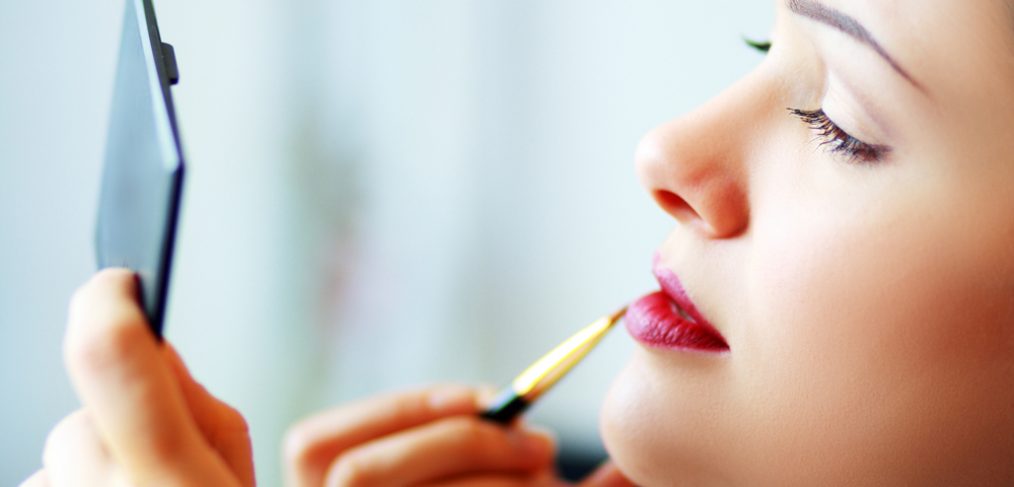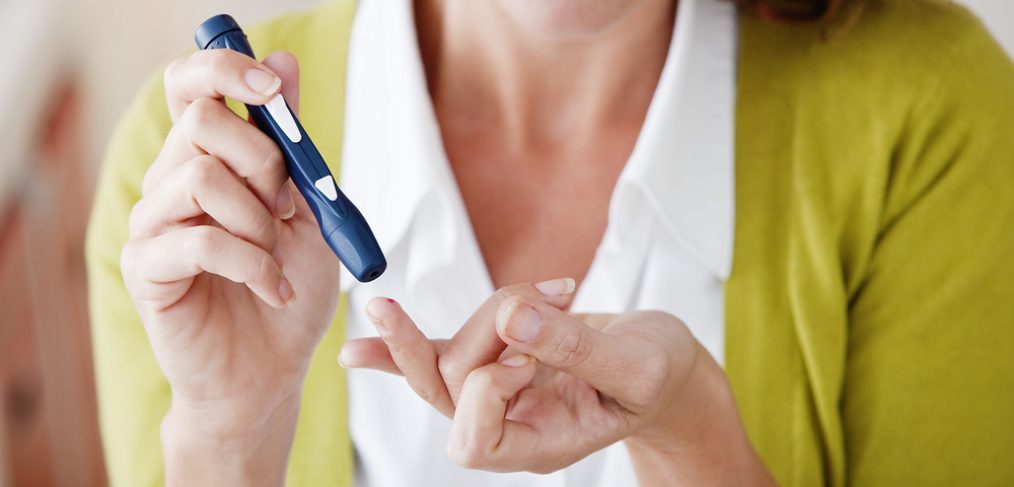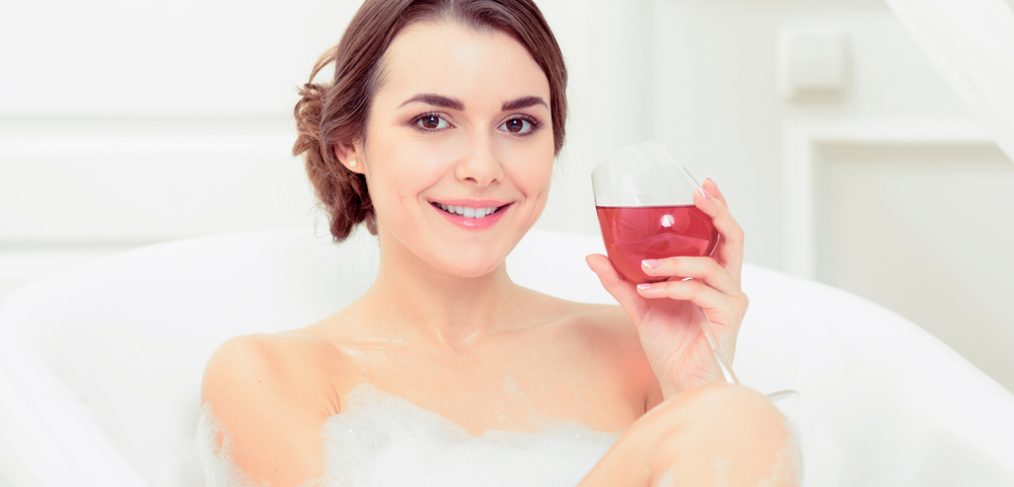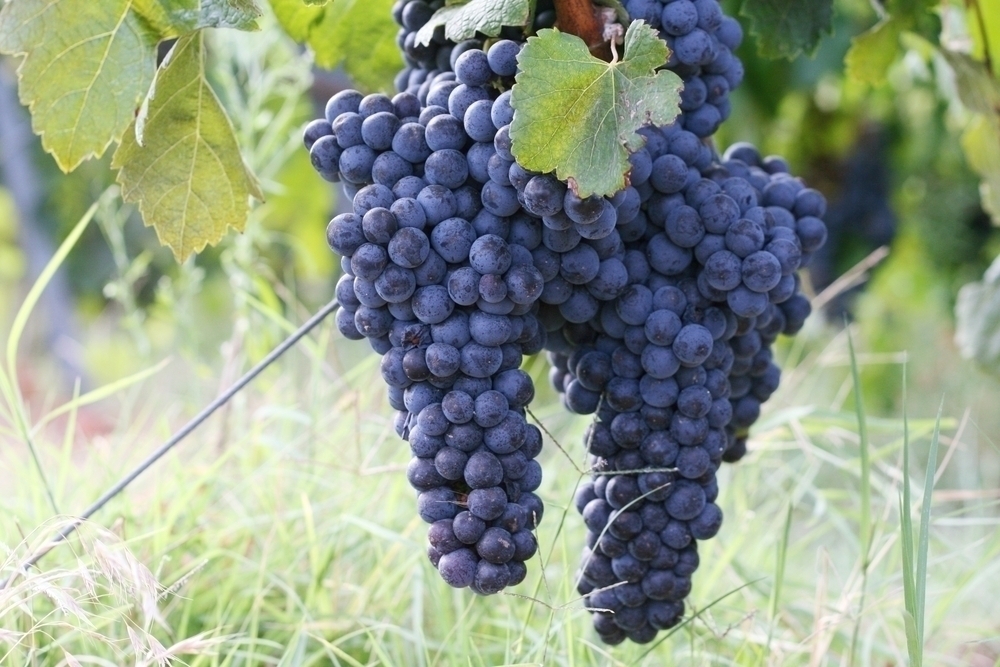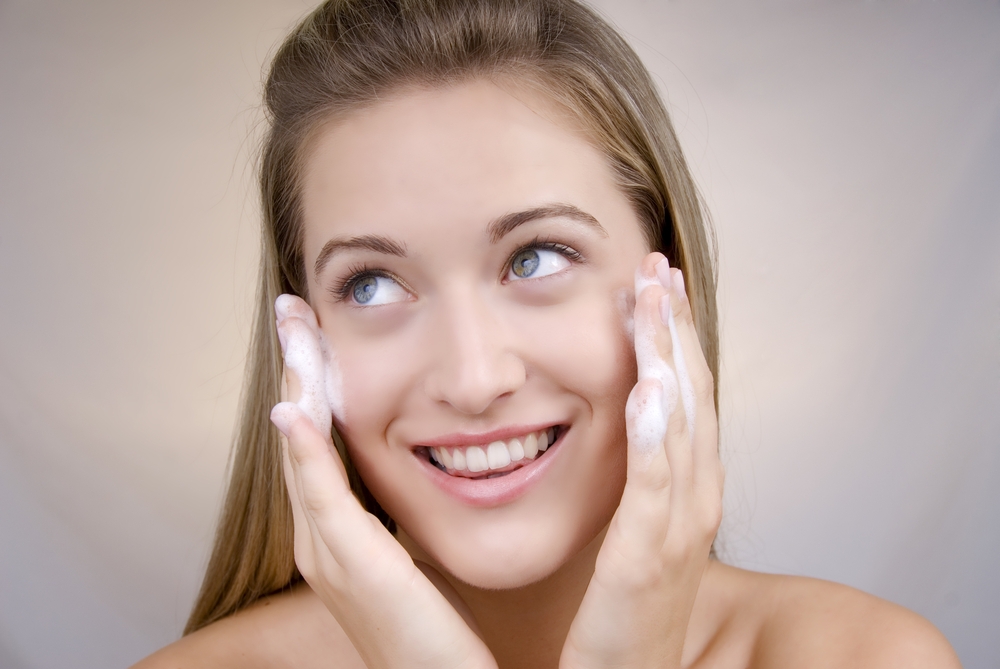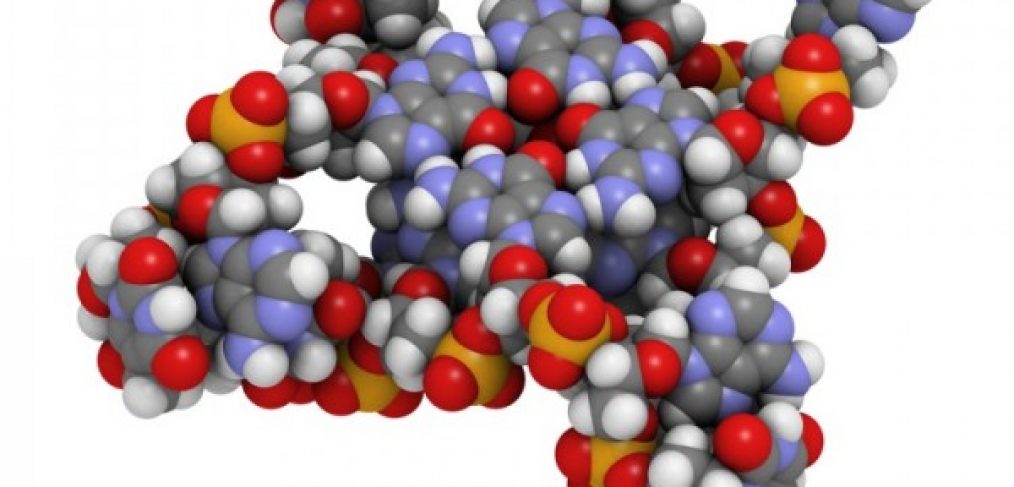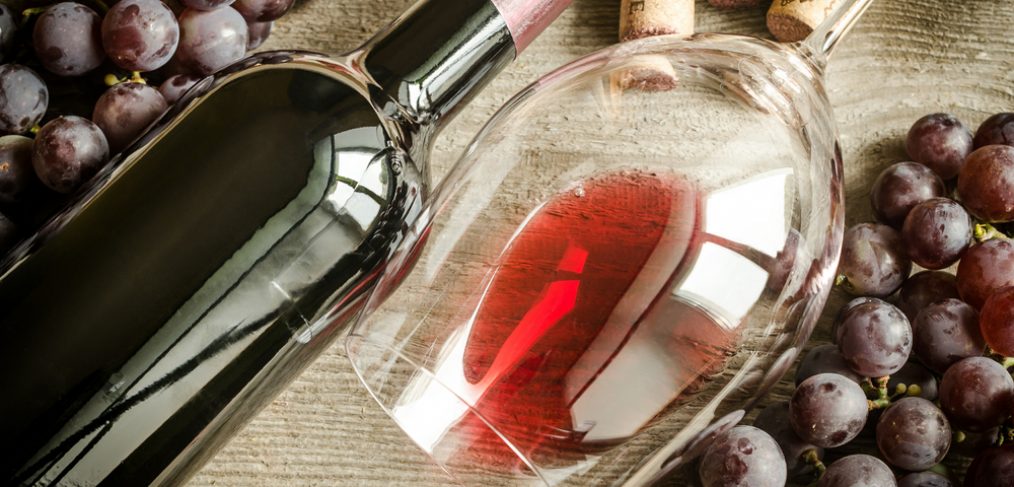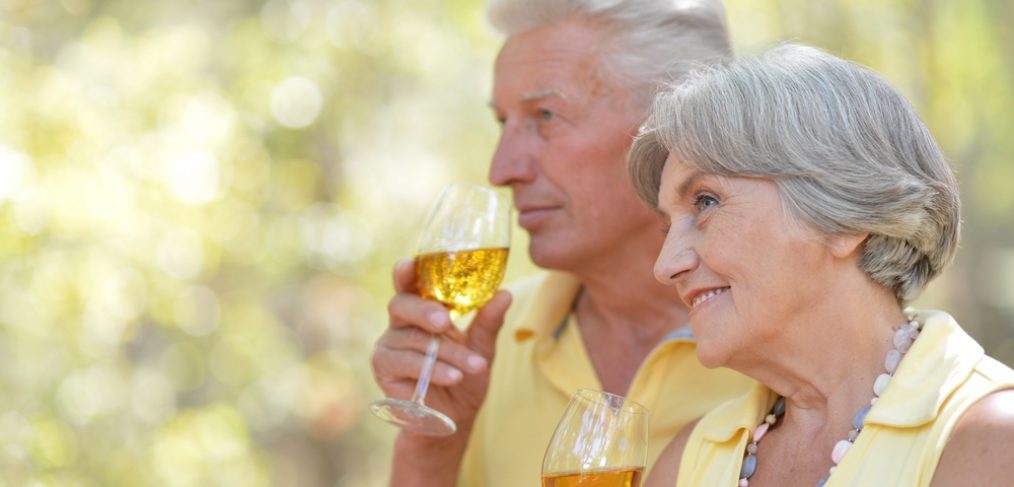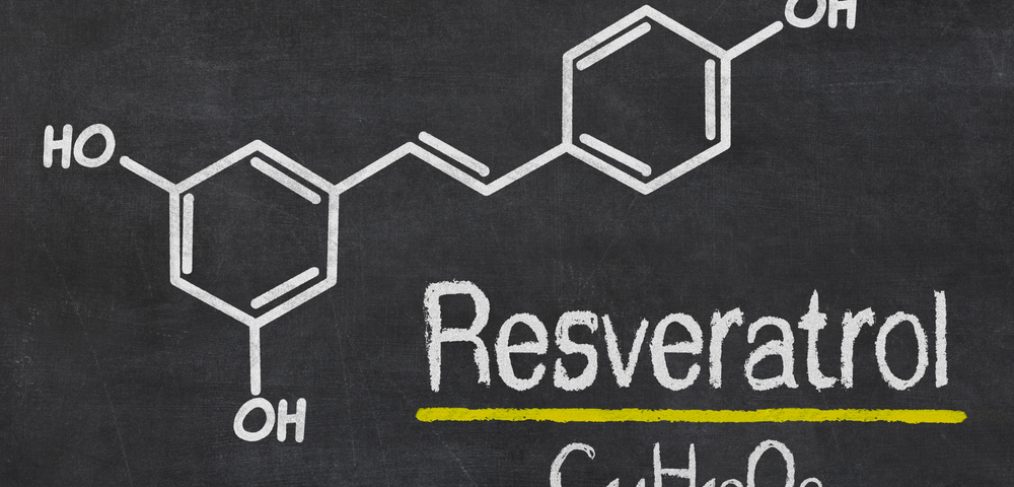We love resveratrol, and we have been big fans of this potent antioxidant for some time. The benefits that resveratrol provides are so incredible and so varied. From anti-aging to fighting cancer, resveratrol truly is a superior antioxidant. Quality skin care lines have been incorporating resveratrol into their products for some time, and now it seems that the entire beauty industry is taking note.
Resveratrol and Aging
Resveratrol is a chemical produced by various plants in order to fight off attackers or to withstand a lack of water or essential nutrients. Resveratrol is a powerful antioxidant that protects your cells against free radical damage. Free radicals are created by exposure to oxygen and sunlight, and they damage collagen and other active enzymes necessary for healthy, youthful looking skin. The subject of much scientific study, how resveratrol works is just now being understood. It is thought that resveratrol works not only by eradicating existing free radicals, but also prevents new free radicals from forming. Applied topically, resveratrol has also been shown to inhibit UVB oxidative stress and to prevent UVA damage.
Resveratrol Beauty Products
While skin care is currently the biggest source of resveratrol products in the industry, makeup companies are beginning to follow suit. BITE beauty, founded in 2011 is one brand that has started incorporating the power of resveratrol into their cosmetics. BITE was conceived when founder Susanne Langmuir developed sensitivities to non-natural beauty ingredients and fragrance chemicals. The idea behind the BITE brand was, “you eat what you put on your lips, so your lipstick should be good for you.” The result was a collection of moisture-rich and creamy lip products that were made using antioxidant ingredients which are actually good enough to eat.
The BITE Luminous Creme Lipstick, is a long-lasting, moisturizing lipstick made from 95% natural contents. One of these natural antioxidant ingredients is resveratrol. The concentration of resveratrol in each lipstick is equal to anywhere from five to 10 glasses of wine. BITE Luminous Creme is available in 24 shades, so you’ll certainly be able to find one that suits you and that protects your lips against early aging.
Perhaps the greatest benefit of skincare and makeup products that contain resveratrol is the level of resveratrol you receive. As we noted, one BITE Luminous Creme Lipstick contains concentrations equal to five to 10 glasses of red wine. While you can certainly receive the benefits of red wine by ingesting it, the concentration of resveratrol is significantly higher in products designed for topical use as opposed to drinking wine. Consuming resveratrol does not provide as much of the antioxidant than topical skincare and cosmetic items containing this skin-saving ingredient. A great beauty routine starts with excellent skincare, but using makeup that contains resveratrol is a great way to increase your defenses against aging and environmental damage.



